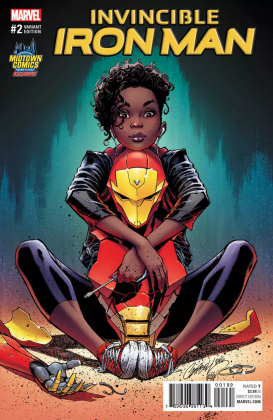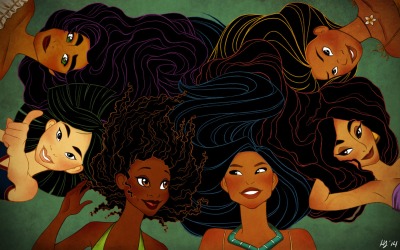With our very first Comic Con Africa drawn to a close, I look back on the weekend’s events already anticipating next year. Comic Con took years to finally arrive on the African continent, and with the release of Black Panther earlier this year, there is no greater time for us to show our enthusiasm and appreciation for pop culture.
The bulk of our pop culture originates in the West, and thus fans across the globe find it difficult to show appreciation for the comics, films and series we love when creators refuse to acknowledge the global South’s contribution to the success of their stories. Black Panther’s release brought a few of the film’s stars to South Africa, however the movie premiere seemed like an afterthought and a means to quell any criticism at having a film based in Africa while the film’s premiere barely deigned to acknowledge actual Africans. I’m of the mind that we need to create an empire of our own without relying on the scraps the western media throws at us, but that’s a story for another time.
Milling through the stalls and admiring people’s devotion to their chosen costumes even in the sweltering heat, I was surprised to notice that Comic Con South Africa was more diverse than any other convention I’ve attended. People of colour seemed to make up almost half of the attendants. However, a fifty percent white audience at an event hosted in an African country is still questionable. It’s no secret that comics and pop culture have conventionally catered to a white audience, thus portraying white as the default. For this reason, pop culture remained exclusionary to POC largely because of the lack of representation.

Comic books have come a long way in terms of representation, despite overwhelming masses of jurassic ‘fans’ who demand their precious material remain white, male and imperialist forever more. We are encountering a growing variety of characters with stories which more accurately reflect their audience and the world around us. An example of this would be Riri Williams, a young dark-skinned black woman, an apprentice of Tony Stark’s who was sworn in as the new Iron Man. Uproar surrounded the confirmation that Riri’s intelligence exceeds that of her predecessor. I, for one, would love for Riri to replace Tony Stark as the Invincible Iron Man. The trope of an old white man with a tragic back story is tired and overdone, and Riri would inspire myriad young women (of colour, especially) to pursue careers in STEM. Not to mention, she offers yet another opportunity for black women to cosplay.

Leading up to Comic Con, my sister and I perused on the Disney Princesses we could build our outfits around. Of course, our options for brown Disney Princesses were limited. Disney’s track record when it comes to representing women of colour is abysmal. Even that doesn’t stop people from claiming the few roles we hold dear, as illustrated by a white woman I saw strutting around Comic Con as Mulan, dressed head-to-toe in traditional Chinese attire.
Events like Comic Con Africa will hopefully lead to an understanding of a greater range of stories told from new perspectives. Creators will begin to realise that we are worthy of their narratives and we are willing to spend money on the stories we believe in. Of course, we have the issue of white artists creating minority characters and profiting off them. We need to usher in a new generation of artists and creators who not only conjure experiences, but have lived them.
When we are deprived of something seemingly insubstantial like seeing somebody who looks like us on a TV screen, when that day finally comes, the simple notion seems extraordinary. It’s rare and beautiful to see people united by art which has impacted us through its ability to acknowledge our experiences and reflect them back to us. This may not seem ground-breaking to those who grew up seeing themselves in the media they consumed, but to us, these simple feats are kind of revolutionary.
…..
Laila Manack

